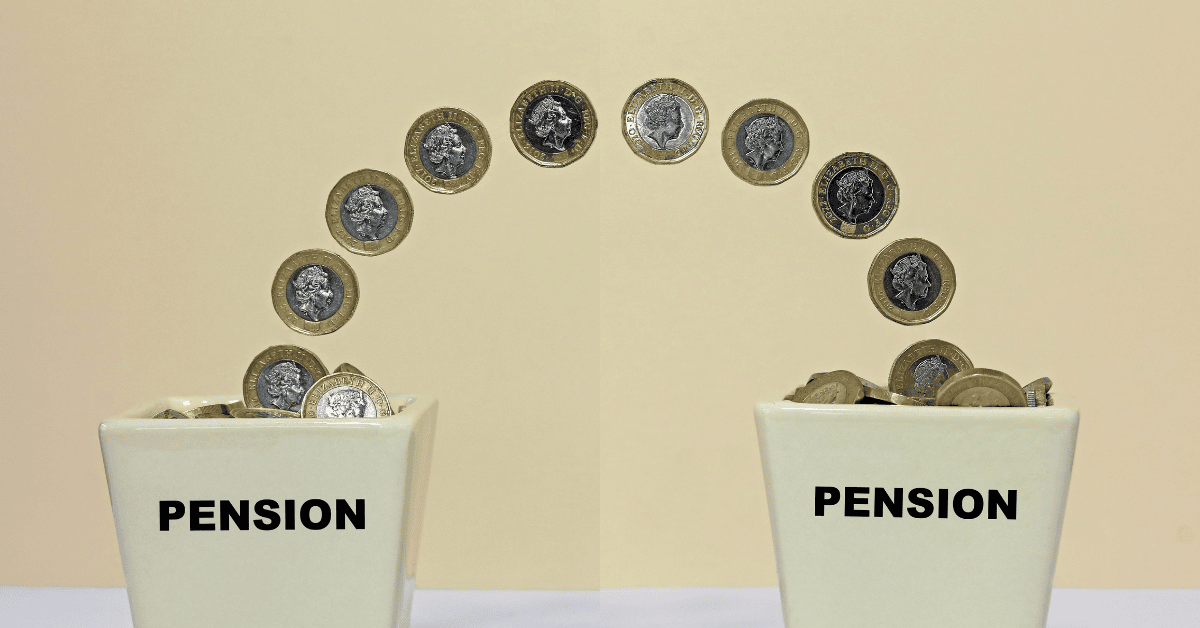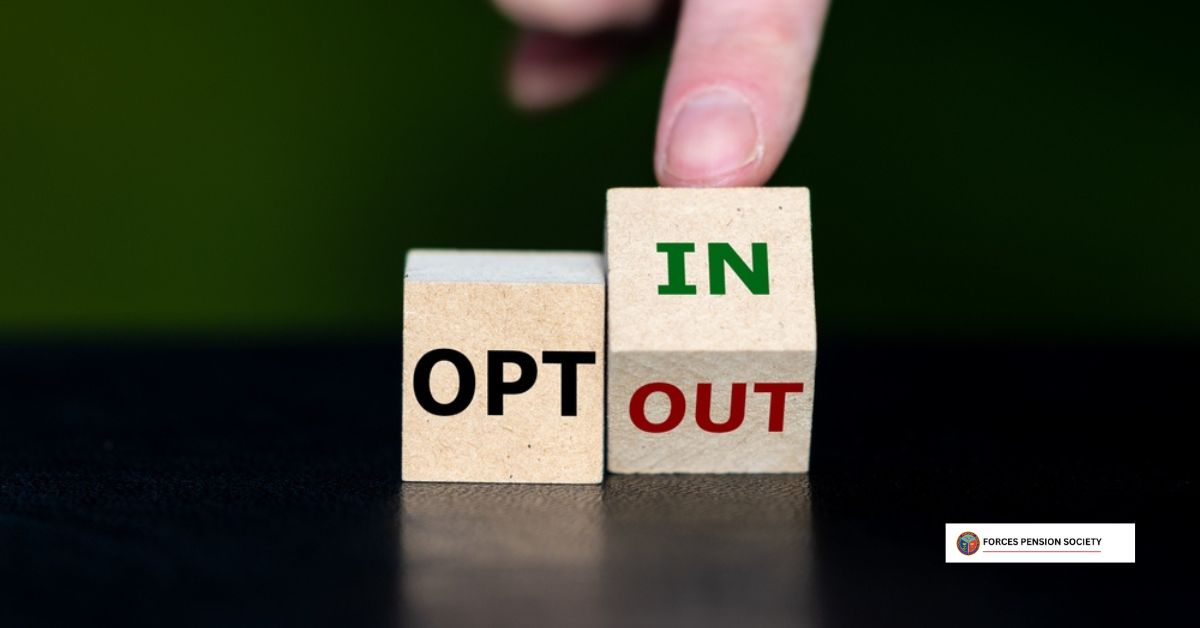
Busting some myths around families/dependants pensions!
Myth: My partner and I are not married and I’ve been told not to worry as if they die I will still receive their pension.
Fact: It depends! AFPS 05, AFPS 15 and RFPS, being modern schemes, do not require partners to be married in order to qualify for survivors’ pensions – they could be married, in a civil partnership or ‘eligible partners’. If the couple are not married, Veterans UK will have to assess whether they are ‘eligible partners’ by checking that the couple are both single, that they cohabit and that they are financially dependent or interdependent. AFPS 75 normally requires couples to be married or in a civil partnership if they are to qualify for benefits. We say ‘normally’ as there are exceptions where the member’s death is due to service and the condition which caused the death had its origins before the introduction of the Armed Forces Compensation Scheme on 6 April 2005.
Myth: I’ve heard that taking maternity or adoption leave will have such a negative impact on my pension benefits and therefore it’s not worth coming back to work.
Fact: All service women are entitled to up to 52 weeks of Maternity Leave, made up of 26 weeks Ordinary Maternity Leave (OML) and 26 weeks of Additional Maternity Leave (AML). Similarly, the primary adopter is entitled to take up to 52 weeks of Adoption Leave, made up of 26 weeks of Ordinary Adoption Leave (OAL) followed immediately by 26 weeks of Additional Adoption Leave (AAL).
The final 13 weeks of AML / ALL are unpaid and therefore it is only these weeks (of the total 52) which do not count as reckonable service for pension purposes.
Under the terms of AFPS 15, the first 39 weeks of maternity or adoption leave accrue benefits on the basis of ‘assumed pay’, which is equal to the pensionable earnings that you would have received if you had not been on OML, OAL or in receipt of statutory maternity pay (SMP). This means that, even if you only get SMP for a portion of your maternity/adoption leave, you will continue to accrue pension benefits as if you were in receipt of your usual pensionable earnings. Of course, when you return to work – even if only to complete your return of service – you will continue to accrue pension benefits for the remainder of your reckonable service.
Myth: I was awarded a Pension Sharing Order after divorcing a service person. They have recently died, and I have heard that the pension dies with them.
Fact: When the Pension Sharing Order was applied, you became a member of the Armed Forces Pension Scheme(s) in your own right. The death of your ex-spouse does not affect your pension in any way.
Read our Divorce and Pension Sharing Factsheet Q&A
Myth: On the AFPS75 scheme, a widow’s pension is worth half of the member’s pension rate
Fact: This is not true in every case. Prior to 1 April 1973 widows’ pensions were paid at a third of the member’s rate. From 1 April 73 the widows’ rate increased to half of the member’s rate. Those with service prior to 1 April 1973 were offered the opportunity to pay to have their earlier service counted at half rate for widow’s benefits but many, being young and single at the time, did not. This means that some widow’s pensions are less than the 50% that they had expected.
September 2024




